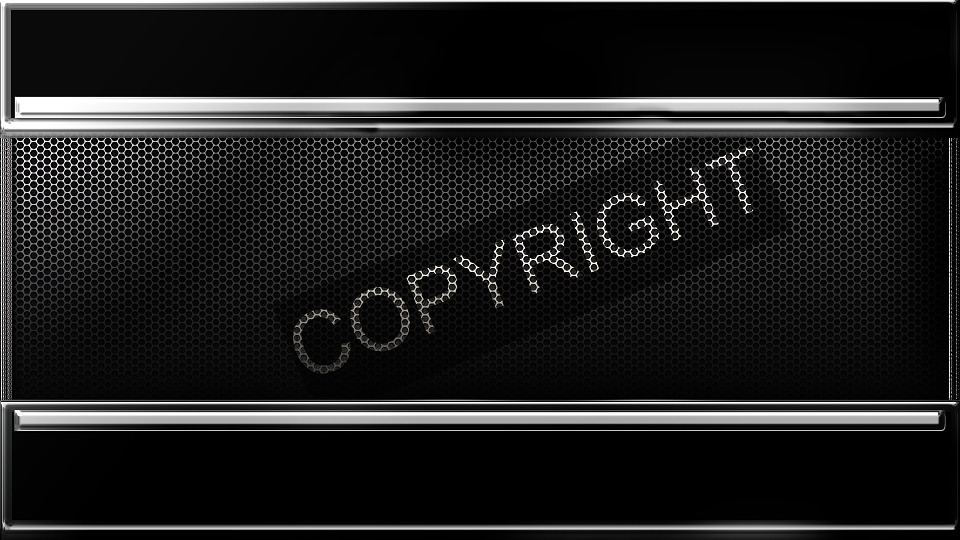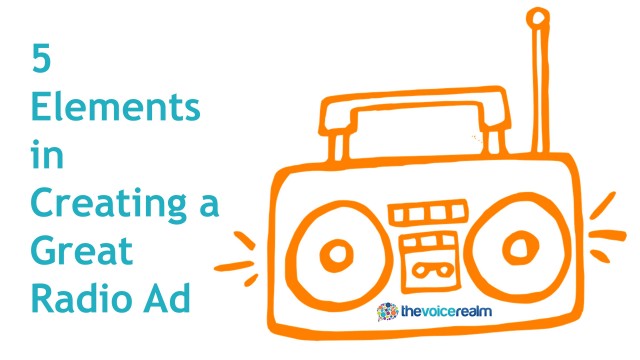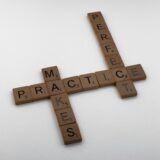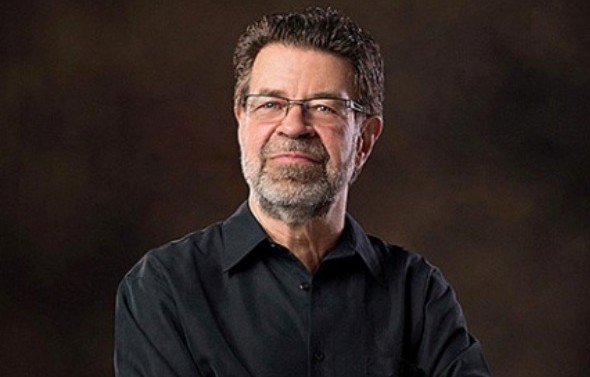Why Knowing Copyrights is a Must for Voiceover Actors
An article about how to protect one’s voice over content was recently published on The Voiceover Herald. The article is very timely and relevant. Why? Timely, because it is a new year, so being able to know stuff on how to make your business better is a must. Relevant, because the Internet is continuously developing so, taking somebody else’s work, and telling them that it is your own is getting easier. As a business owner, or as a remote voice talent, you should be aware of the term ‘copyright’.
Why do I need to know what a copyright is as a voiceover talent?
There are four types of Intellectual Property: patents, trademarks, trade secrets, and copyrights. As a business owner, and as a responsible individual, it is good that you are aware of these types of IPs. But since we are talking about the Voice Over Industry, it is a must that you know what a copyright is. Knowing what a copyright is important in the voice over industry. You would not want to commit copyright infringement. It is not good for your reputation as a voice talent, and as a business owner.
Copyright, in the simplest term is ‘the right to copy’. It is a type of Intellectual Property. Basically, this gives someone control over the things that they have produced. As they own a product, they have control on who can use it, sell it, reproduce it, or distribute it. Any photograph, music, podcast, web content, in a tangible medium can qualify for copyright protection. Do not confuse it with copying the idea! Copyright protects the expression of the idea itself.
In the voice over business, it is common that you record a piece of work for a client. Usually, the clients own the copyright of your work. You may be asking yourself, “why can’t I use my own recording? It’s my voice anyway!”
Yes, it may be your voice but clients paid you for the product. So now, it belongs to them. Even if you are the owner of the voice, they are the owner of the product. In this case, you may ask them if you can use your recording as your demo before posting it on your website or online profile. Make sure to ask all the necessary questions as to avoid future problems. Also, make sure that the agreement is something tangible, like a signed document.
The copyright also has the right to modify anything they own. So sometimes, you may have recorded an audio for a specific campaign years ago. It will be possible that the clients where you have sent your work may reuse it for another campaign where they think it fits.
If you are starting your business as a solopreneur, it is best to get a copyright protection for your voiceover recordings, and the contents of your websites. This is to avoid someone stealing your creative work. As a voice talent, it is also expected of you that you do not commit infringement.
How do I avoid committing copyright infringement?
There are simple steps on how you can avoid infringement while doing your VO work, or while putting content on your website:
Always ask for permission
It is best that you ask for permission from the author of the work. Almost everything that is uploaded online has its copyright. In order not to be a pirate, asking if you can use their content is a very simple deed. Look for the contact numbers on their website, or drop a private message on their social media platform. Always ask them before using it!
Get photos from a public domain
 Websites such as Pixabay, or Pexels are only a few of the websites that offer free use of images that do not have copyright restrictions. A lot of images of anything under the sun can be found in these websites. If you are looking for images to spice up the contents of your website, this is a go to place for you.
Websites such as Pixabay, or Pexels are only a few of the websites that offer free use of images that do not have copyright restrictions. A lot of images of anything under the sun can be found in these websites. If you are looking for images to spice up the contents of your website, this is a go to place for you.
Always give credit to the author
Maybe you have checked online for specific photos, for example, you wrote an article featuring a voice actor who recently won an award, however, he does not have a lot of photos in the aforementioned websites. You have exhausted all of the copyright free websites that you know but he can’t be found anywhere, so you decided to grab a photo that a photographer uploaded. Of course, you have to give him credit for using his product. Also, go back to rule number 1, ask him politely if you can use his piece of work.
Read ownership rights
Every website, and social media platforms has a dedicated page for their ownership rights. It is a must that you read them. Not all ownership rights are the same. It varies per website. As a smart user of these platforms, you MUST read everything.
Buying the content is the best way
This is the safest way you can avoid copyright infringement. Come to think of it, it is better to pay for something that you know is useful for your business, than to pay for a lawyer, and lawsuit related fees when you receive a complaint about copyright infringement.
Copyright infringement is stealing someone’s product in a layman’s term. If you do not want to face problems regarding this issue, it is best to take caution. Also, as a voice talent, and a business owner, you have to protect your own content, and watch out for those who are trying to use them without your permission. Technological advances are making it easy for people to pretend like they are someone who they are really not. How would you feel if you discover that someone used your voiceover demo for an audition and got the job? How would you feel if someone grabbed a content from your website and received more comments than yours? Being humane and being a decent person is easy, it will not cost you a penny. In order to do your share, you should never commit copyright infringement.
Did you know about copyright infringement before this? How do you protect your content from online parasites?















